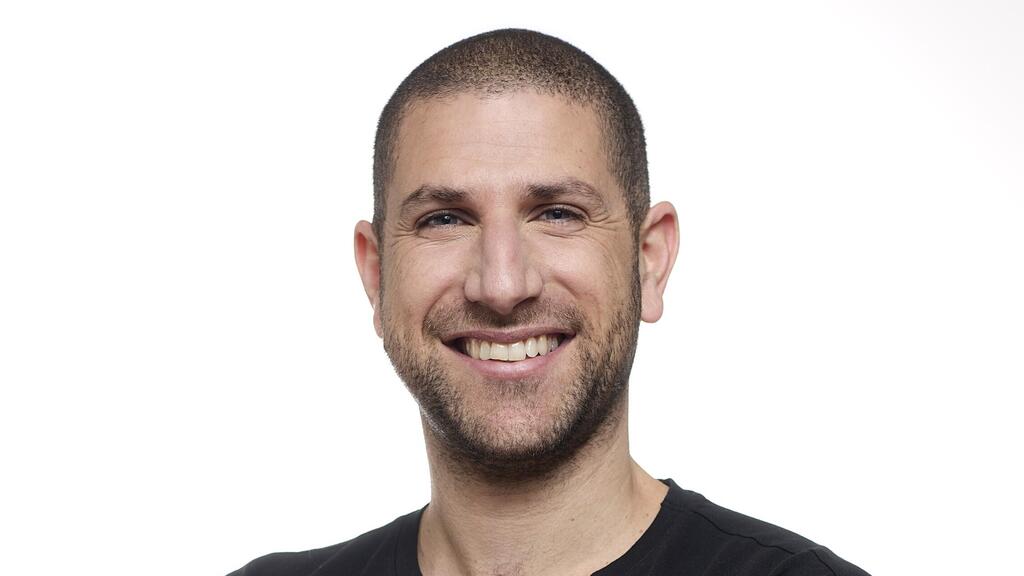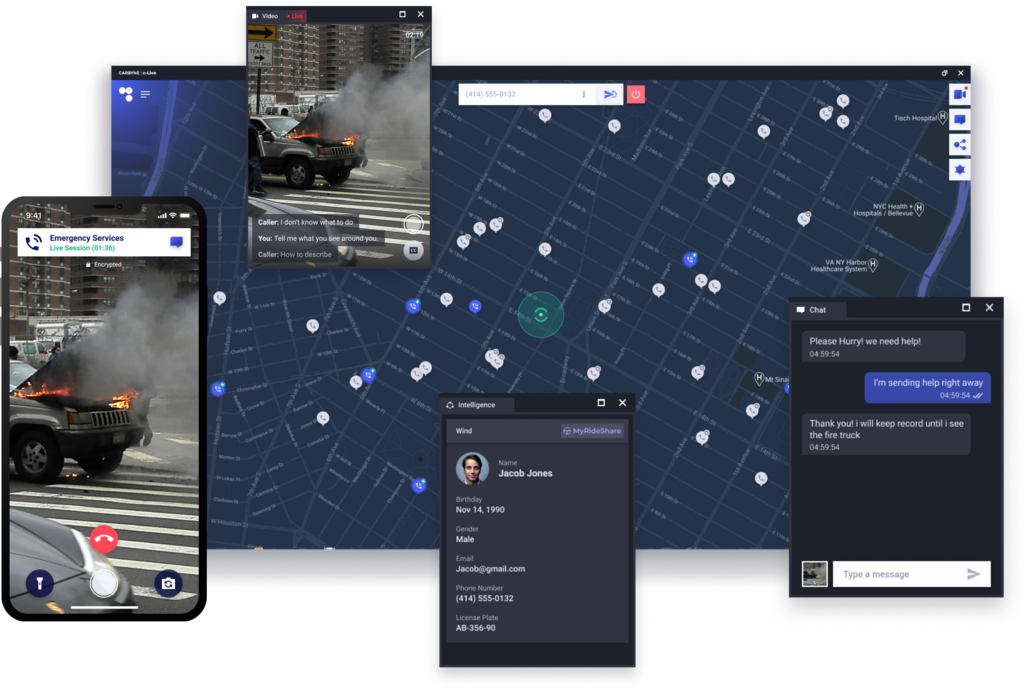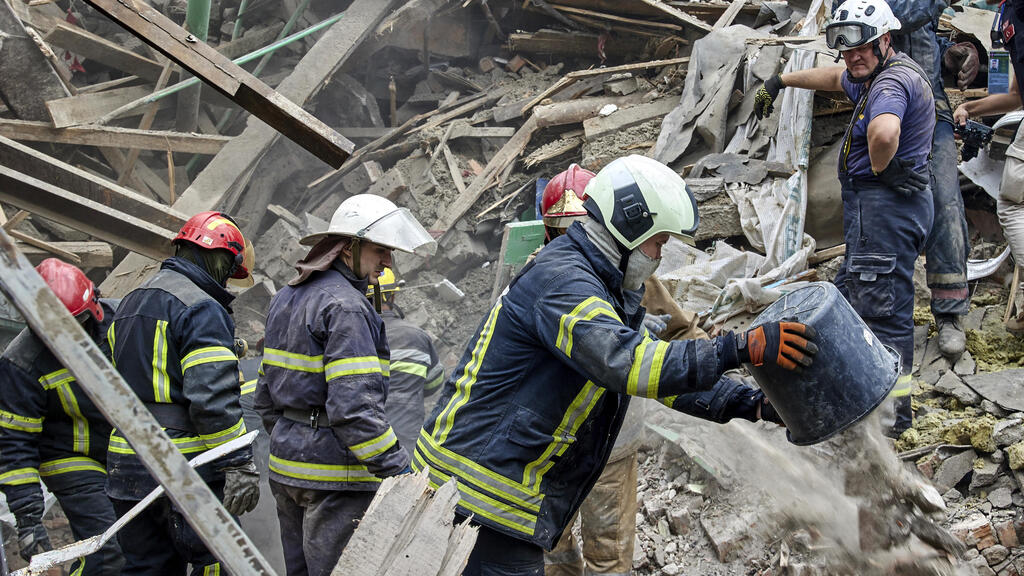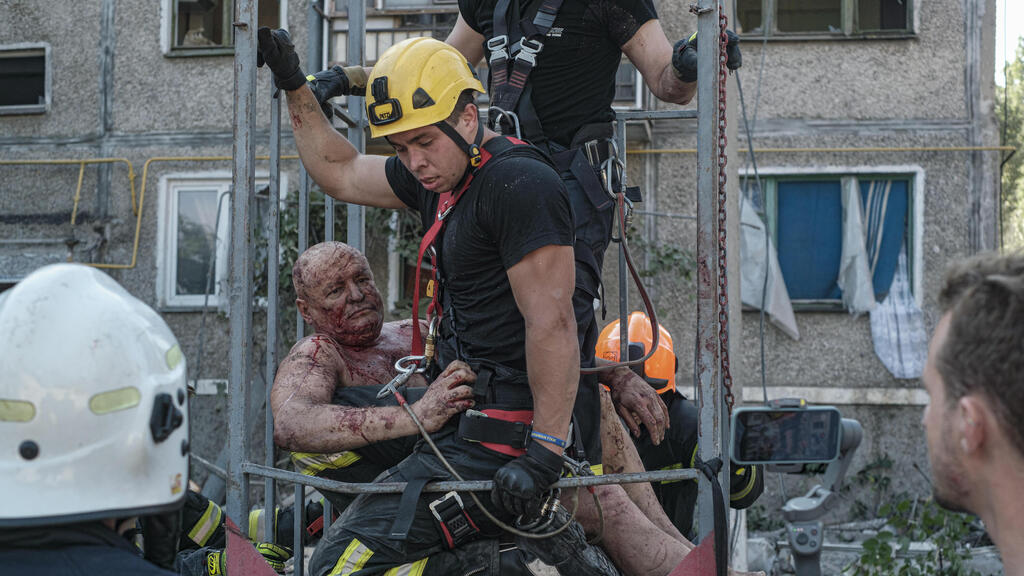In an age of smart devices that have the ability to share a location or broadcast live from anywhere in the world in mere seconds, we all sometimes feel frustrated when encountering service providers that still offer analog service only.
Founder and CEO of Carbyne, Amir Elichai, a few years ago was caught in precisely a situation where an efficient and fast response was crucial but unavailable.
"A few years ago, I went through a robbery attempt at the beach in Tel Aviv. It was the first time in my life that I called the police, which turned out to be a terrible experience," Elichai said. "They didn't know exactly where I was, who I was, what was going on around me. It's the 21st century, and emergency services are still operating like this."
The lack of proper communication he encountered made it difficult for him to explain his exact location or to provide information about his whereabouts quickly, causing a delay and preventing him from receiving proper assistance.
Following that incident, Elichai decided to establish Carbyne, a cloud-based company that develops technological tools in the field of emergency services and public safety, with the aim of improving the way people communicate with emergency service providers around the world.
"We develop tools that allow emergency services to receive vast information from citizens - including real-time location, video, photos, and texts - in cases when someone can't speak out loud, such as incidents of domestic violence.”
Carbyne was founded in 2015, and has raised over $100 million in investment. It operates in three offices worldwide, including the headquarters in New York and a development center in Israel, and over 400 million people worldwide have access to its services. It provides services in 21 states in the United States, in Mexico, and works with various organizations in Israel.
At the onset of the Russian invasion of Ukraine, the company began operating at a national level, with the aim of helping the civilians who were under attack.
"We had been in contact with the police in Ukraine long before the war broke out," Elichai said. "We tried to make our systems accessible in the country and we conducted several pilots. When the war broke out, I wrote to the assistant of the Ukrainian deputy prime minister and said we would be happy to help during the war at no charge. They were very happy and jumped on board quickly," he said.
"Ukraine has limited resources and capabilities. It's also a very large country, which makes it difficult to get a real-time assessment of the situation sometimes, so the ability we provide them information to figure out where to send troops and how to help civilians is critical," Elichai added.
The installation of the Carbyne systems in Ukraine happened just one week after the Russian invasion. "We did instruction courses remotely, with the help of workers from our development center in Ukraine. So two weeks after the start of the war, everything was working and fully operational. We extended our system to 22 locations across Ukraine, and all the information about Russian missile strikes, destroyed buildings, and the wounded was coming from civilians in the area to our central control center in Kyiv."
With all that data, using the software, a situational image could be created and a daily report of damages, injured, and how to allocate resources could be created. Since it became operational, millions of calls and reports have passed through the Carbyne system.
"Most of the incidents are reports of missile strikes hitting buildings. There was an incident where a family was stuck in a damaged building and had to be rescued, but it was difficult to determine where they were exactly. The capability of people near the building to broadcast a video feed to the rescue forces helped to figure out which floor they were on and extract them," Elichai said.
"In cases where people who are trapped turn to the police, the software has the ability to pinpoint their height, and whether they are above or below the surface. There was also a case in which a factory was bombed, and it was difficult to locate the building because it was outside residential areas, and our technology helped to save lives."
In addition to the initial implementation and training on the use of the technology, the company continues to maintain constant contact with the authorities in Ukraine. "We make calls every two weeks, figure out what else they need, and we think the system could help a lot even after the war. When people will return to their homes and start the recovery process. Damage reports could help figure out how to allocate the resources for the repairs," Elichai explained.
Besides the activity in Ukraine, the company also enjoyed great success in other parts of the world. In the United States, sending real-time locations resulted in the rescue of a 13-year-old girl who was kidnapped and put in a trunk, while the vehicle was on the move. And in India, paramedics gave video training to men, whose wives gave birth at home due to living far away from the hospital, or because of their fear to arrive at one during the coronavirus outbreak.





